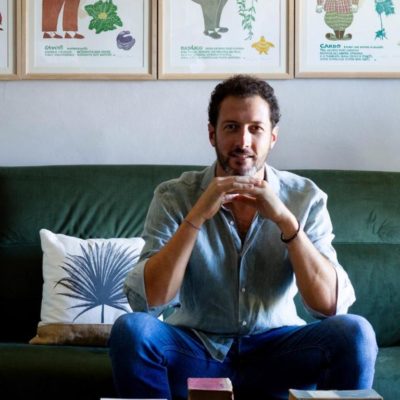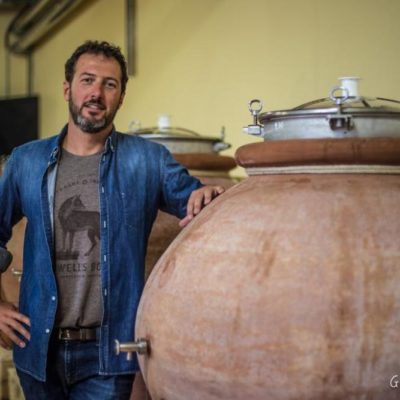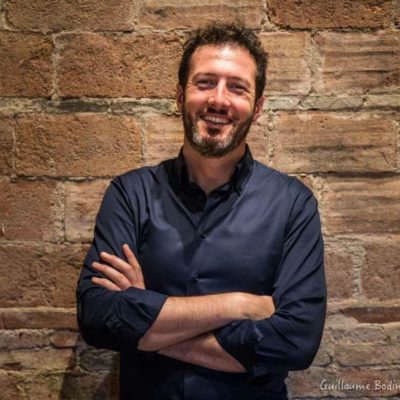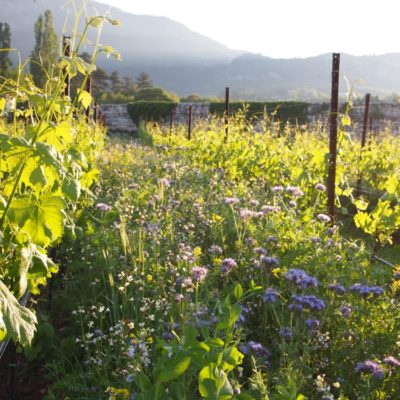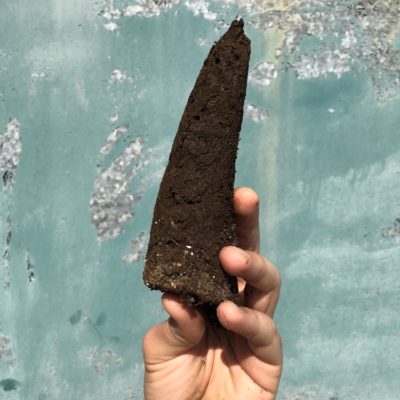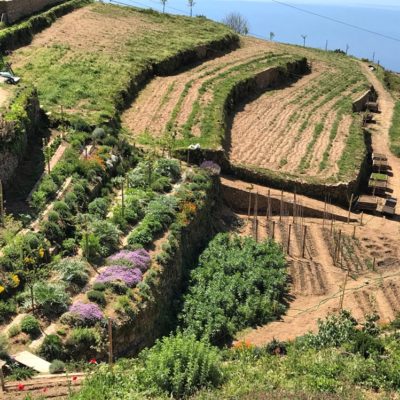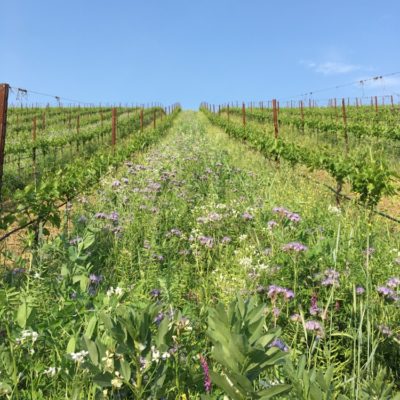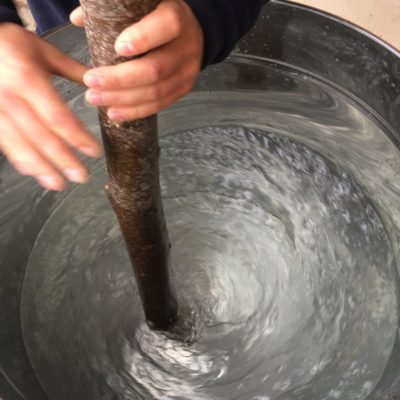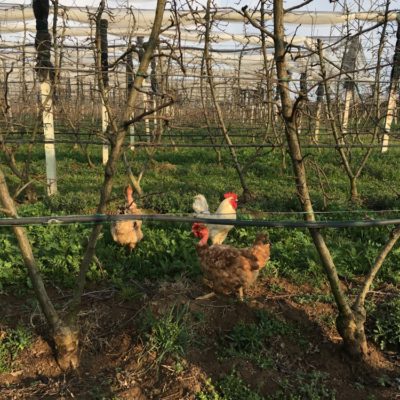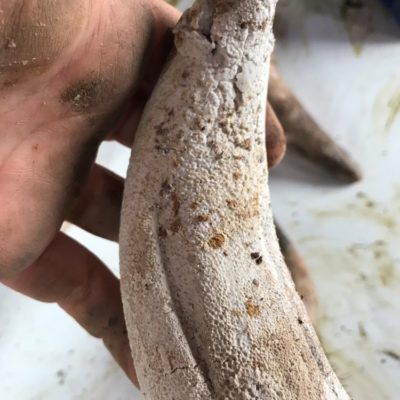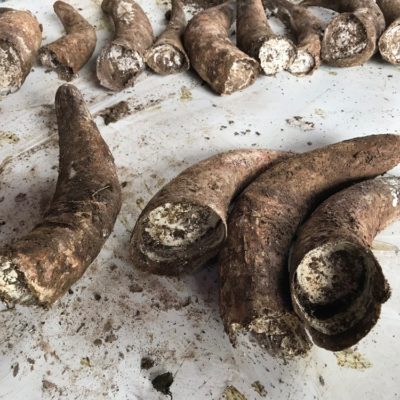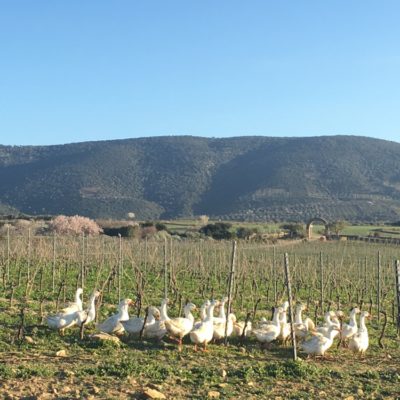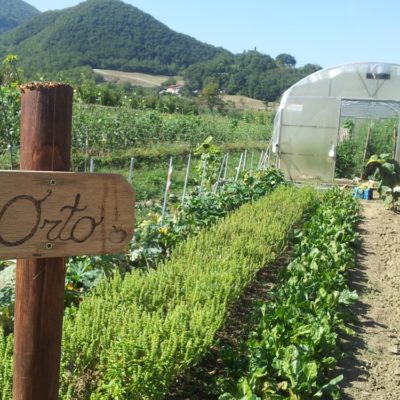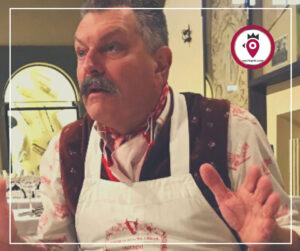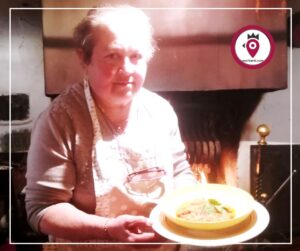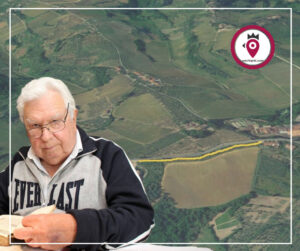Articolo disponibile anche in: Italian
An internationally renowned agronomist, Adriano Zago. And Agricoltura Biodinamica (Biodynamic Agriculture).
Born in Conegliano in 1977, he discovered his passion for the land and for wine making at the Scuola Enologica (School of Oenology) of Conegliano.
He continued his studies at the University of Padua, at the Faculty of Agricultural Science, and then in Montpellier (ENSAM and INRA), graduating in viticulture and enology.
Adriano immediately understood that agriculture is a much broader system than his learning suggested, and to broaden his knowledge on the subject he decided to travel, study and work in different countries: France, India, Argentina, Australia, New Zealand.
He started working in Tuscany, first for the Fattoria la Massa and then for Castello dei Rampolla, two great wine making companies, whose wines enhance the strength of the “terroir”, protecting the diversity of methods and work ethics.
How do traditional studies in Agronomy and Viticulture relate to your work in Biodynamic Agriculture?
“The traditional degree is a very important step, because it provides you with basic knowledge. But, thanks to my broad experience, I am able to remodel the priorities of a company’s economic, human and technical factors. This is the real core of Biodynamic Agriculture, that I consider an excellent and inspirational model for the future of agriculture, an important tool for managing the agricultural system”.
Agricultural system?
“Yes, the agricultural system is a set of factors and actions that are used to obtain healthy and quality products. The first factor is the soil. There is no successful wine making company without good soil. Then there’s biodiversity, which is very important to ensure the presence of beneficial insect fauna. The presence of animals is equally important, because they carry organic matter and energies that have a role within the farm. Last, but certainly not least, we must work towards a landscape in which we are asked to be both tutors and creators”.
So is it possible to make income with a less invasive vision of agriculture?
“Absolutely yes. There are tens of thousands of farms around the world that work in a mature, profitable and sustainable way. They start from this assumption: the monocultural agricultural systems are the weakest, being less productive and more vulnerable when it comes to phytosanitary issues. As a result, they are also more expensive”.
Talking about our territory, what relationship do you have with the Consorzio Vino Chianti Classico (Chianti Classico Wine Consortium)?
“Three years ago we organised a biodynamic viticulture course, the first ever promoted by a wine consortium. A highly appreciated and well participated experience, that shows that wine companies want to train their employees to increase the professionalism and quality of their work, rather than using external consultants. And the members of the Chianti Classico Wine Consortium know perfectly well in which direction the development of the winemaking world will go“.
And the Biodistretto del Chianti?
“My relationships with the Biodistretto del Chianti are excellent: I immediately think of Ruggero Mazzilli, a likeminded agronomist and friend whose approach is similar to mine. I think of various companies within the Biodistretto with which I collaborate. It’s a very important model of social and technical development”.
So is keeping an eye on biodiversity and the big picture fundamental for correct development?
“Monoculture and industrial production are worsening the quality of our productions, the landscape and our health. They are creating more pollution, destroying biodiversity and weakening our defences against phytosanitary attacks”.
But is biodynamic agriculture suitable for large areas?
“The future lies with big companies. I’m responsible for the biodynamic conversions of some of the biggest wine companies in Italy; such as Avignonesi, Col D’Orcia, Ceretto, and others which are even bigger. The size doesn’t affect anything; on the contrary, it represents the importance of the change that is taking place. Otherwise, it wouldn’t be possible to keep up the qualitative and economic pace set by those who have already started this revolution”.
How can any of us, wine enthusiasts and consumers, help with this change?
“Spending our money consciously. The consumer has the same responsibility as the farmer, when he thinks that his spending becomes very relevant for the maintenance of healthy soils, soils that are capable of absorbing water, avoiding landslides and environmental disasters. So let’s read the labels, and understand that only by eating consciously can we guarantee ourselves a future”.
Giulio Pecorini
